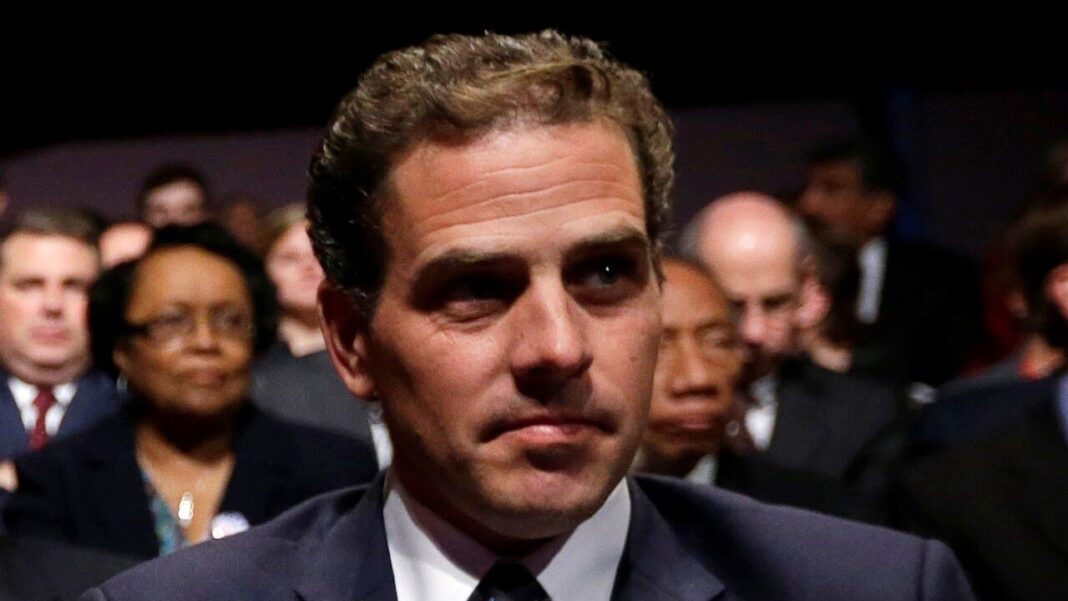Less than a month after the S&P 500 temporarily slipped into bearish territory, the benchmark stock market index officially fell into a bear market at the closing bell on Monday.
Year-to-date, the S&P 500, comprised of Apple, Berkshire Hathaway, and Tesla Motors, has tumbled nearly 22 percent. The index now joins the tech-heavy Nasdaq Composite Index in a bear market. The Nasdaq has plummeted more than 31 percent so far this year.
All eyes will be on the Dow Jones Industrial Average to see if it will be the next domino to fall on the New York Stock Exchange. The Dow Jones, maintaining exposure to American Express and Coca-Cola, has dropped about 17 percent year-to-date.
What We Know About Bear Markets
First, what is a bear market? This is when the closing price of a stock index officially falls 20 percent from its most recent high. In contrast, the bull market starts when the index’s closing price rallies 20 percent from its most recent low.
The S&P 500 Index has seen 26 bear markets since 1928. Most bear markets were accompanied by economic recessions.
Historically, bear markets have been relatively short-lived, lasting an average of about 9.6 months. By comparison, bull markets enjoy an average length of 2.7 years.
When it comes to how deep this bear market could go, Goldman Sachs recently estimated that the index could slide to approximately 3,650. Investment bank strategists came up with this figure by calculating that the S&P 500 slumped from peak to trough by a median rate of 24 percent across 12 recessions.
But some analysts contend that investors could be targeting a 30 percent decline. The average decline since 1928 was about 30 percent and lasted nearly a full year, according to Ned Davis Research.
In 1973, 2000, and 2007, the S&P 500 cratered an average of 51.4 percent before hitting its bottom. According to data from LPL Research, if the economy slips into a recession, the bear market could intensify, falling close to 35 percent on average and lasting nearly 15 months.
All About the Recession
Recession and inflation fears have been the contributing factors to the selloff in the equities arena.
Investors are starting to price in that the Federal Reserve would pull the trigger on a 75-basis-point interest rate increase during this week’s Federal Open Market Committee (FOMC) policy meeting as part of efforts to combat rampant inflation.
Traders also kept a close eye on the U.S. Treasury market on Monday as the yield on the 2-year and 10-year inverted for the third time this year.
The short-term bond rose 10.4 basis points to 3.385 percent, while the long-term bond dipped 1.3 basis points to 3.358 percent. Earlier in the trading session, the 5-year and 30-year Treasury yields had also briefly inverted.
The market considers this a top recession indicator since it has predicted seven of the last eight recessions. Experts use it as a go-to metric because it highlights that investors expect a decline in long-term interest rates amid declining economic activity.
By Andrew Moran








